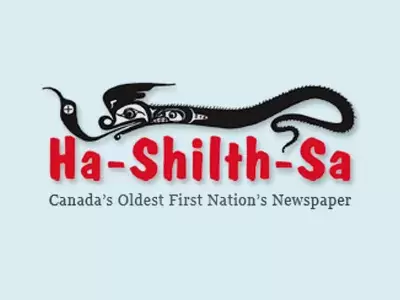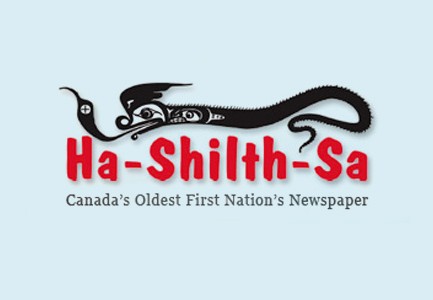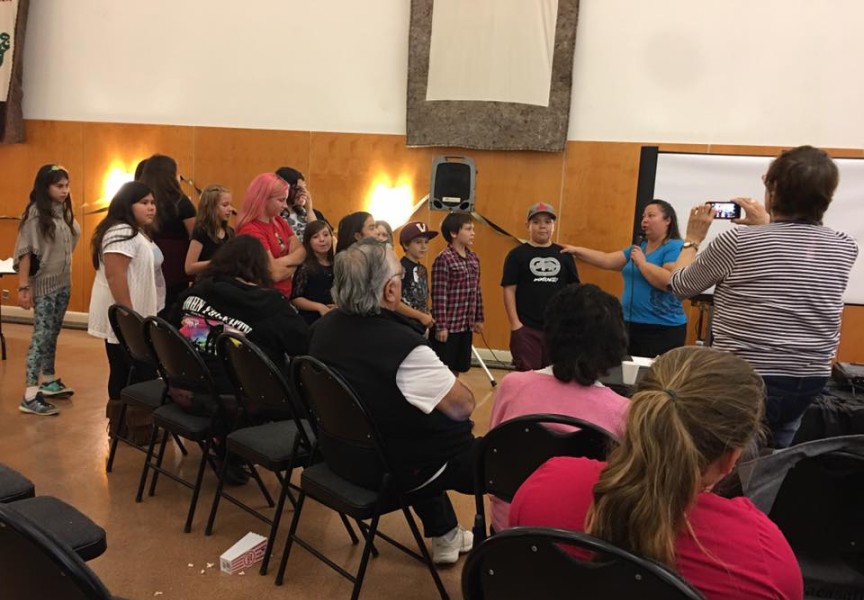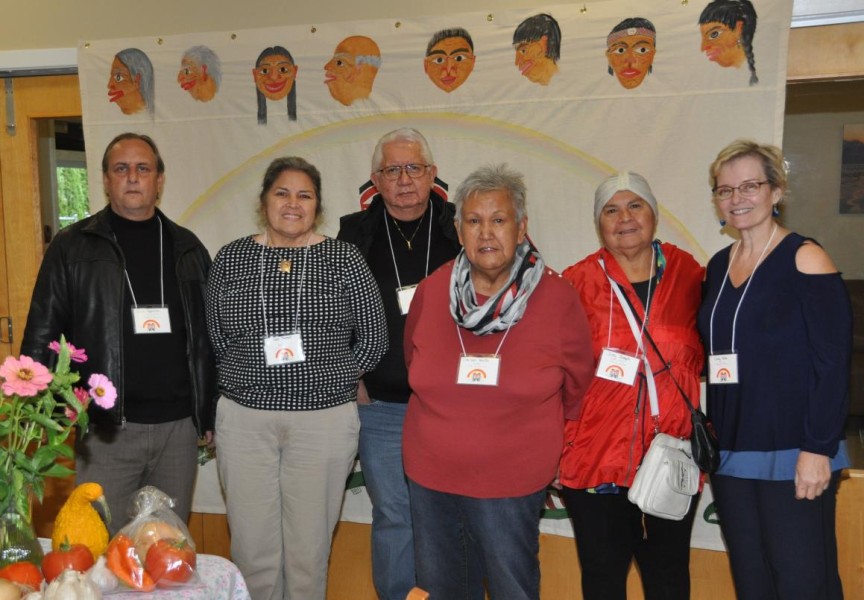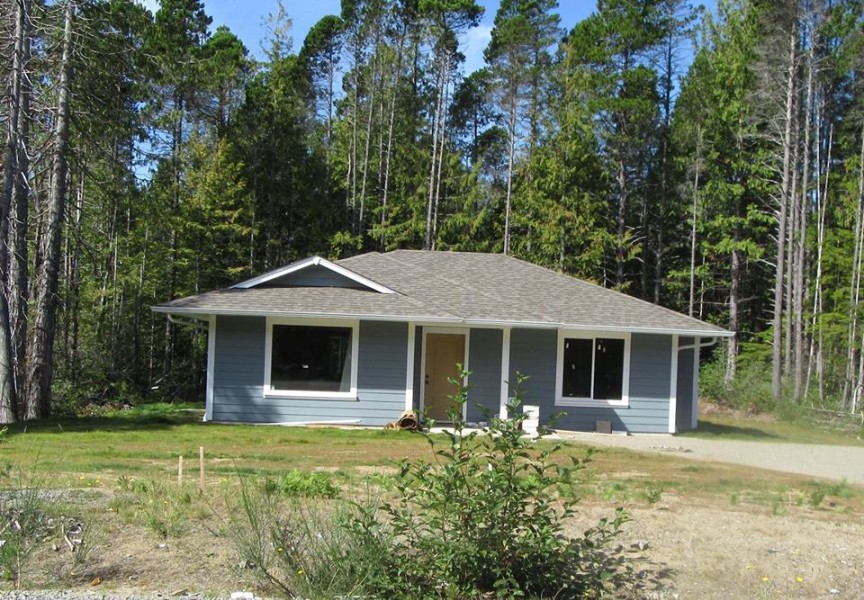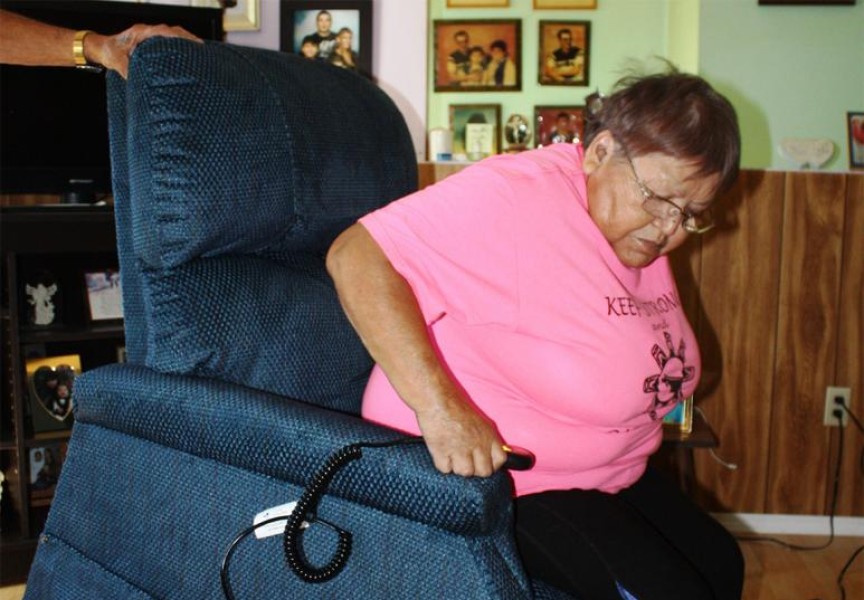Environmental groups, including Friends of Clayoquot Sound and Wilderness Committee, are critical of Iisaak Forest Resource Ltd. plans to log on Flores Island, home of Ahousaht First Nation.
These groups claim that by logging old growth on Flores Island, Iisaak will breach the 1999 Memorandum of Understanding it signed with several environmental organizations.
Environmental groups claim the MOU states that the unlogged watersheds of Clayoquot Sound, including Flores Island, would be off limits to logging, but Iisaak saysthat statement is not true.
“The fact is it is the (first) nations who determine where harvesting activities will happen and the (Friends of Clayoquot Sound) have recognized the nations’ right to decide that by signing the agreement with Ahousaht,” said Iisaak’s administrator Dave Jacobson.
He went on to say that the Statement of Recognition of Ahousaht First Nation Title and Rights, signed by Friends of Clayoquot Sound and several other environmental organizations, clearly states, “Our organizations recognize and respect the rights and interests of the Ahousaht First Nation to safeguard biodiversity and ecological values in the forest and ocean environment within their Ha’houlthee for the future generations in Clayoquot Sound.”
In addition, Ahousaht First Nation has provided a referral letter to Iisaak Forest Resources Ltd. supporting proposed activity within the ha’houlthee, including Beddingfield, Bedwell and Flores Island.
“The 1999 MOU was to be a starting point in a discussion regarding forest management priorities and objectives, and did not permanently define areas to be reserved from harvesting. That work was to follow over time based on consultations with First Nations, ongoing research and inventory analysis,” said Jacobson.
Iisaak Forest Resources Ltd., a private forestry company owned by Hesquiaht, Tla-o-qui-aht, Ucluelet, Toquaht and Ahousaht, has carved out a niche for themselves working in the contentious Clayoquot Sound long after forestry giants Weyerhaeuser and Interfor left town.
Their success relies on relationships they’ve cultivated over the past decade with their customers, local first nations and environmental groups who monitor their work.
Created in 1998, Iisaak started as a joint venture agreement between the Nuu-chah-nulth Central Region First Nations and Weyerhaeuser to provide a new model of forest management in Clayoquot Sound based on conservation and sustainability. The company is the product of hard-nosed negotiations by central region first nation leaders with the provincial government and industry.
In 1999 Iisaak owners, represented by central region first nations leaders, Weyerhaeuser officials and representatives of five major environmental organizations signed the MOU, promising to work together. The MOU set out goals and commitments for all parties to the agreement.
Environmental groups agreed to support and advertise the company and were there celebrating the first tree felled by the company in Clayoquot Sound in 2000.
Iisaak immediately set out to fulfill its commitments made in the MOU. The first was to gain control of forest tenure in Clayoquot Sound. This was achieved when, in 2005, Iisaak bought out Weyerhaeuser. This made Iisaak a 100 per cent privately owned First Nations company in 2007 when Interfor sold TFL 54 to the company.
They achieved another important milestone when, in 2001, they became the first forest company in British Columbia to be certified by the stringent Forest Stewardship Council. To achieve FSC certification, companies must abide by a set of strict environmental and social standards.
To this day Iisaak’s continues to operate under the innovative planning requirements outlined in the Clayoquot Sound Scientific Panel Recommendations, the company says. Developed by both scientists and Nuu-chah-nulth elders, the Science Panel Report calls for the completion of extensive watershed plans for specific areas in Clayoquot Sound.
According to Jacobson, those plans were completed and endorsed by both first nations and government and have passed into law. It is within those 11 watershed plans that areas designated as ‘eehmiis’ (undeveloped areas that are, in the Nuu-chah-nulth language “very, very precious”) are identified. These areas are to be set aside and protected from industrial logging.
“It’s been almost 12 years since the MOU was initiated and Iisaak has been diligent and successful in achieving many of the identified goals, including gaining control of the forest tenure in Clayoquot Sound, acquiring Forest Stewardship Certification, operating under the recommendations of the Clayoquot Sound Scientific Panel, accepting the watershed plans, and working with First Nations to define eehmiis areas and how they will be protected,” said Jacobson.
The company prides itself in the planning work that they do. They consult with the ha’wiih (hereditary chiefs) in whose territory they plan to work. No forestry work goes ahead without approval of the ha’wiih.
The same planning principles are applied when Iisaak approached Ahousaht ha’wiih to log on Flores Island. Both the ha’wiih and elected council of Ahousaht are satisfied with the plans and have given the go ahead to Iisaak to commence logging, said Jacobson.
Just last week it was announced that Iisaak applied to the Ministry of Natural Resources for a heli-water drop zone and a log handling area for Bedwell Sound and Millar Channel to be used for transporting logs.
“Iisaak operates on an estimated three quarters of the total area is set aside from timber harvesting. They employ a variety of harvesting techniques designed to retain some trees in harvest areas. Retention levels are anywhere from 15- to 80 per cent, depending on the characteristics of the cut block. They say they put an emphasis on the values to be retained rather than the trees that could be removed.
“We conduct our business in a sustainable and responsible way and over the past decade have received recognition from World Wide Fund for Nature, David Suzuki Foundation and the Canadian Parks and Wilderness Society for our unique brand of conservation forestry,” said Jacobson.
“Iisaak remains committed to the spirit and intent of the original environmental memorandum of understanding and invites those who share these values to support our effort towards a balanced and responsible approach to sustainable living that protects both natural and social values,” he added.

